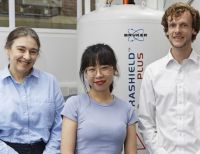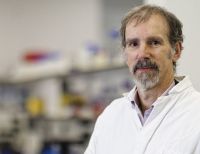In the heart of the vibrant city-state of Singapore, the University of Cambridge’s first overseas research platform, CARES is celebrating 10 years since its foundation. The occasion underscores a decade of scientific success, industrial application and international research collaboration between Singapore and the UK.
So, how did University of Cambridge decide Singapore should be the home for its first centre outside the UK? Back in 2010, Professor Dame Lynn Gladden was newly appointed as Cambridge’s Pro-Vice-Chancellor for Research.
Gladden recalls: “When I started in the PVC role, I was interested in how Cambridge could show its strength across the University in areas of global importance. Were we making the most of our existing international collaborations and networks?”
At around the same time, Gladden was approached by Singapore’s National Research Foundation to gauge Cambridge’s interest in joining the recently formed Campus for Research Excellence and Technological Enterprise or CREATE, a “co-laboratory” of top research institutions from around the world co-located in Singapore.
She remembers: “Singapore was particularly interested in decarbonising its large chemical industry. Cambridge had recently launched the Energy Strategic Research Initiative (which later became the Energy Interdisciplinary Research Centre). So, to come together to work on this important problem was immediately attractive.”
However, there was some work to do before embarking on this adventurous new phase in the University’s 800 year development.
The case needed to be made for one of South East Asia’s most modern cities to become the first overseas footprint of one of the world’s most ancient universities. For Gladden, the arguments were compelling: “Firstly and very importantly, Singapore’s reputation for excellent research and the strong pre-existing relationships between Cambridge and Singapore researchers was a firm platform we could build on."
"Secondly, Singapore is a fascinating nexus between the Asian world and the West, making it a perfect place to look at science and technology challenges from our different national and regional perspectives.”
The case was made and CARES was launched in 2013.














